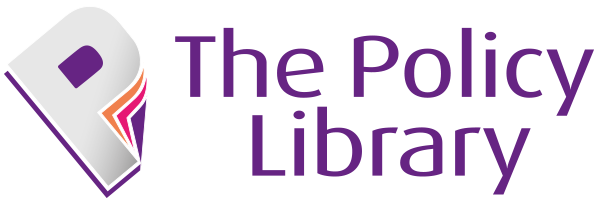When it comes to care home policy, the Health and Social Care Act 2008 (Regulated Activities) Regulations 2014 is one of the most important pieces of legislation you’ll have to adhere to.
The regulations ensure safeguarding in care homes by setting out requirements for those appointed to executive roles in care organisations and laying out the standards for person-centred care. As with other regulations, this legislation is regulated by the Care Quality Commission (CQC), and care facilities are inspected according to the CQC’s policies and procedures.
To ensure your organisation is adhering to the requirements in the Health and Social Care Act of 2008 and 2014, we’ve summarised the CQC policies and procedures. For more detailed advice on this and other care home policies, take a look at The Policy Library’s extensive library.
What are the Health and Social Care Act 2008 (Regulated Activities) Regulations 2014?
The Health and Social Care Act of 2008 sets out procedures that all care providers must follow, including registering with the CQC and following their recommendations.
This comprehensive legislation covers care home policy and other health and social care services. The CQC policies and procedures cover the formal requirements for persons appointed to executive director level posts in your organisation, plus details of the workplace environment and care standards.
It’s important that your organisation follows this legislation, as a breach of certain regulations could result in substantial fines and potential prosecution.
Summary of the Regulations
The Health and Social Care Act 2008 (Regulated Activities) Regulations 2014 is an extensive legislative document. However, the act is broken up into different regulations which assist with safeguarding in care homes.
Each of the regulations fits into the CQC’s broader care quality assessment, including their five Key Lines of Enquiry (KLOE).
The first section of the legislation deals with the requirements for registered providers and anybody appointed as executive directors in your organisation. Here, the CQC policies and procedures outline that these people must:
- Be of good character
- Be able to successfully perform the tasks in their role
- Have the necessary skills and qualifications
- Be able to prove their suitability to the CQC with relevant documents
Organisations should assess all individuals by these requirements as part of their care home policy.
Regulations 8-20 are part of the CQC’s fundamental standards for organisations. They are:
- Person-centred care
- Dignity and respect
- Need for consent
- Safe care and treatment
- Safeguarding from abuse
- Meeting nutritional and hydration needs
- Premises and equipment
- Receiving and acting on complaints
- Governance
- Staffing
- Fit and proper persons employed
- Duty of candour
- Displaying CQC ratings
As you can see, the fundamental standards cover an array of care home policies, from the hiring of staff to workplace equipment and the quality of care.
How to Best Comply with the Regulations
To best comply with the CQC’s policies and procedures regarding the Health and Social Care Act of 2008 and 2014, you should be prepared to be thorough. You should ensure that your internal care home policy adheres to the legislation. Review this periodically to ensure that you are keeping to the high level of standards expected.
The CQC will assess compliance with the regulations at inspections of your organisation. Consequently, ensure that you are carrying out aspects of the legislation. These include thorough hiring processes of staff, assessing your clients’ personal needs and meeting them, ensuring your premises are fit for purpose and having a system in place for responding to complaints.
The Policy Library is a specialist in care home policy, and we can help you ensure that you are adhering to the Health and Social Care Act of 2008 and 2014. Get in touch with us to see how we can help your organisation.









